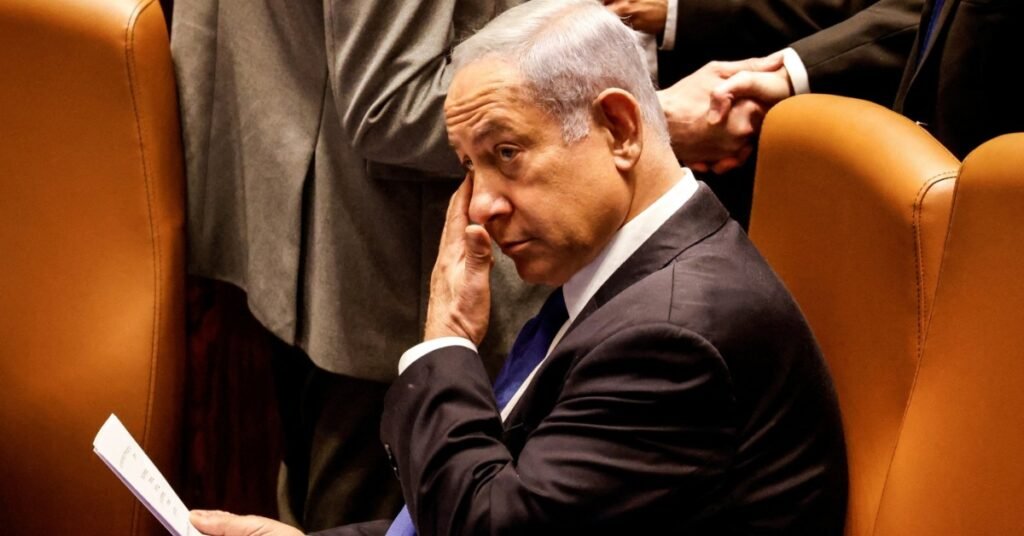Yemen’s journey to lasting peace faces challenges and opportunities. This article explores recent diplomatic developments, the complexities of Yemeni factions, and the path to reconciliation.
Table of Contents
Introduction
Yemen, a country trapped in a prolonged conflict, is at a critical crossroads.
Recent diplomatic developments between Saudi Arabia, Iran, and the Houthis have sparked hopes of progress toward peace.
However, experts emphasize that a comprehensive resolution to the Yemeni civil war necessitates reconciliation among various Yemeni groups.
The Changing Dynamics
March 10 witnessed a significant breakthrough when China brokered an agreement between Saudi Arabia and Iran, leading to the normalization of diplomatic ties.
This newfound detente has alleviated tensions between the Saudis and the Iran-backed Houthi rebels.
Riyadh is keen on finding a dignified exit from the Yemeni conflict, enabling it to focus on internal development.
Moreover, the de-escalation with Tehran has prevented a return to full-scale warfare after the October ceasefire expired.
Calming Saudi-Houthi Tensions
The warming Saudi-Iran relations have had a positive impact on reducing Saudi-Houthi tensions.
Nabeel Khoury, the former US deputy chief of mission in Yemen, highlights that diminished tensions have resulted in an extended ceasefire in northern Yemen, allowing greater movement for Yemenis under Houthi control.
The loosening of the blockade has temporarily eased the situation for most Yemenis.
The Complex Houthis-Iran Relationship
While the improved Saudi-Iran relationship may suggest a potential for lasting peace with the Houthis, it is crucial to acknowledge that the rebels are not mere proxies of Iran.
It remains to be seen how successful Tehran could be in exerting control over the Houthis, as their interests only align to a certain extent.
Helen Lackner, an expert on Yemen, emphasizes that while they cooperate when their goals coincide, the Houthis often disregard Iranian directives that conflict with their interests.
Houthi Independence and Challenges for Saudi Arabia
According to representatives of the Houthi rebels, the recent Saudi-Iran agreement does not hold the power to supplement a deal between the Houthis and Saudi Arabia.
During the Saudi ambassador’s visit to Sanaa in April, the Houthis refused to make concessions, demonstrating their independence from Tehran.
Riyadh faces the challenge of gaining leverage over the Houthis, who are reluctant to compromise as they believe Saudi Arabia wants to exit the conflict.
Marib’s Strategic Importance
A critical concern is the potential for Houthi aggression towards Marib, a resource-rich city under government control.
Despite previous failed offensives, the Houthis have recently displayed increasingly aggressive rhetoric.
The response to renewed Houthi attacks on Marib and potential Saudi airstrikes remains uncertain, adding to the situation’s complexity.
The Road to Peace: Addressing Yemeni Groups and Interests
Negotiations between Saudi Arabia and the Houthis have centered around a potential three-phase deal, including humanitarian issues, military arrangements, and talks between Yemeni factions.
However, progress has been limited to the first phase.
The Houthis seek a deal that includes a share of the government’s oil wealth for their central bank without financial dependency on Riyadh.
They also demand an end to Saudi support for their Yemeni rivals and request the Saudis bear the reconstruction cost on their side.
The Need for Broader Reconciliation
A Saudi-Houthi pact alone cannot guarantee lasting peace and stability in Yemen.
Various factions and militias beyond the Saudi Arabia-Houthi dynamics are involved in the conflict and must be addressed to achieve lasting peace.
Critical issues such as southern independence, resource-sharing, central bank assets, and freedom of navigation for all Yemeni ports need to be realistically addressed.
The Role of the UAE and Yemen’s Fragile Government
The UAE’s support for the separatist Southern Transitional Council (STC) must be considered.
While absent from the Saudi-Houthi talks, concerns have arisen about the UAE’s commitment to nationwide peace in Yemen.
The Emiratis aim to prevent Houthi influence in the south and maintain control over southern seaports and Red Sea sea lanes.
The UN-recognized Yemeni government, backed by Saudi Arabia, faces fragility, weakening the anti-Houthi coalition.
The setup and nature of the Presidential Leadership Council announced abruptly in Riyadh in 2022, have hindered its effectiveness in Yemen.
The Houthis and the STC actively undermine the council, raising concerns about further fragmentation, especially in southern Yemen.
Conclusion
While recent diplomatic progress between Saudi Arabia, Iran, and the Houthis has brought temporary relief, Yemen still faces significant challenges on the path to peace.
Reconciliation among various Yemeni groups is crucial, as their interests must be addressed for sustainable and lasting peace.
Only through a comprehensive agreement that tackles underlying issues and power-sharing can Yemen pave the way toward a brighter future.






